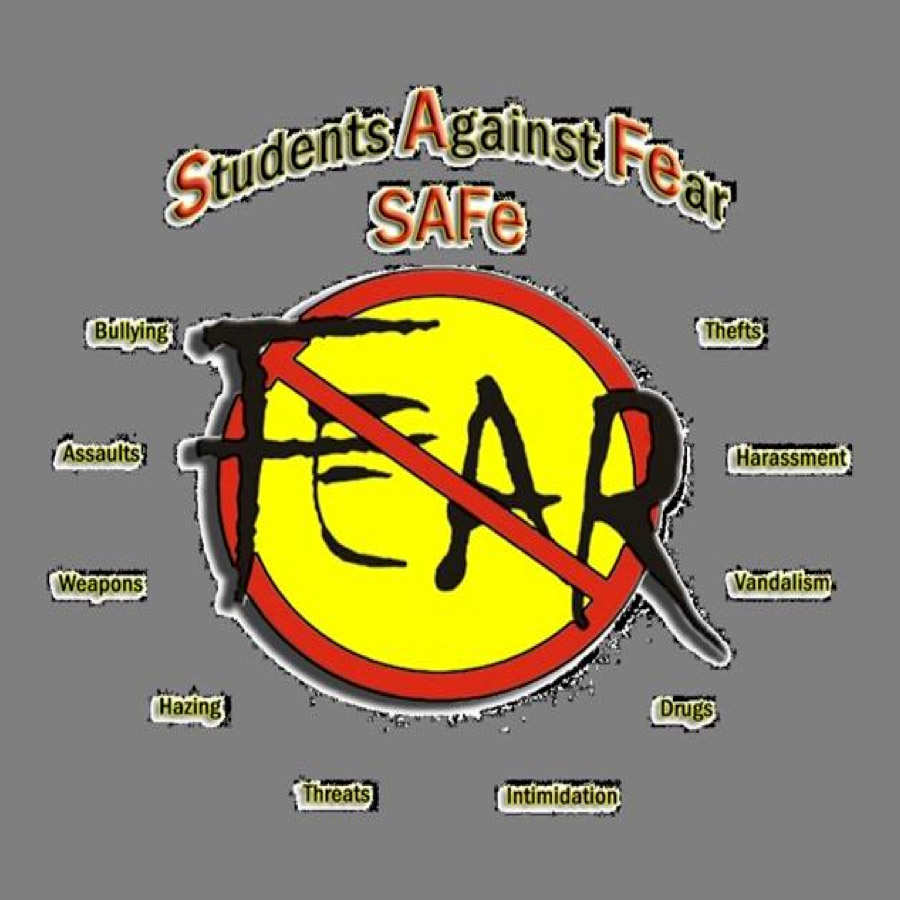Late in September, in observance of the Electronic Frontier Foundation’s 13 Necessary and Proportionate Principles on Surveillance, NCAC noted thematic links between the NSA’s far-reaching surveillance tactics and those of public schools in the country. There, we observed that the underlying impulses behind surveillance on the national level and on the local level were uniform. This need to monitor and comb through students’ social media presences, ferreting out any insinuation of violence, is often couched in a need to “protect” the community at large.
We’ve noticed that schools have increasingly fortified their hold over what students say online, often looking to social media to detect threats to the community. The goal of keeping students safe is noble, but school districts can often overstep their boundaries when trying to ensure safety, infringing on the basic expressive rights of students. In the past few months, our friends at EFF have intervened in two alarming cases of schools imposing chokeholds on their students’ online speech. These schools have enshrined policies that are predicated on this very notion of protecting student safety, perhaps having the unintended consequence of doing more harm than good in the long run.
In late September, the EFF, along with the Student Press Law Center, issued a probe into Hunstville City Schools’ (AL) SAFe program. SAFe stands for Students Against Fear, even though the program isn’t led by students at all – it’s spearheaded by a local FBI agent employed by the school. Early news reports claimed that SAFe was born out of a call to the school district from the NSA, who alerted the schools to the fact that one of its students was making worrying threats on social media. (The NSA has denied these reports, insisting that it doesn’t operate by calling schools.)
The student in question, Auseel Yousefi, is a child of two Yemeni immigrants. He tweeted a few innocuous jokes about the last day of school and wanting to date a teacher. No matter. After being called into the principal’s office early into his senior year, Yousefi soon found himself expelled from school for the entire first semester of his senior year.
Since its inception, SAFe has disproportionately affected students of color. The ACLU of Alabama has noted that 12 out of 14 of the students suspended in the last school year for their extramural speech were black – that’s a whopping 86%. The district itself is over 40% black. The SAFe system functions through tips from teachers or students, after which security personnel look for potentially incriminating images – gang signs, guns, or other imagery that could be perceived as “violent” – before taking further action.
Last month, EFF also wrote a joint letter with the ACLU of Tennessee asking Williamson County school district to completely revise its existing procedures on “Acceptable Use, Media Release, and Internet Safety”. As it stands, the policy directly gives school administrators the power to search students’ cellphones, and to monitor or limit their social media activity. The searches, according to EFF and the ACLU, can often be suspicionless and limitless. Policies also enshrine that students cannot post photographs of other students or school employees without express permission from school officials. EFF sent the letter to the schools after a parent of a student refused to sign the policies. Afterward, the student wasn’t allowed to participate in any classroom activities involving school computers, causing the EFF and ACLU-TN to take action.


